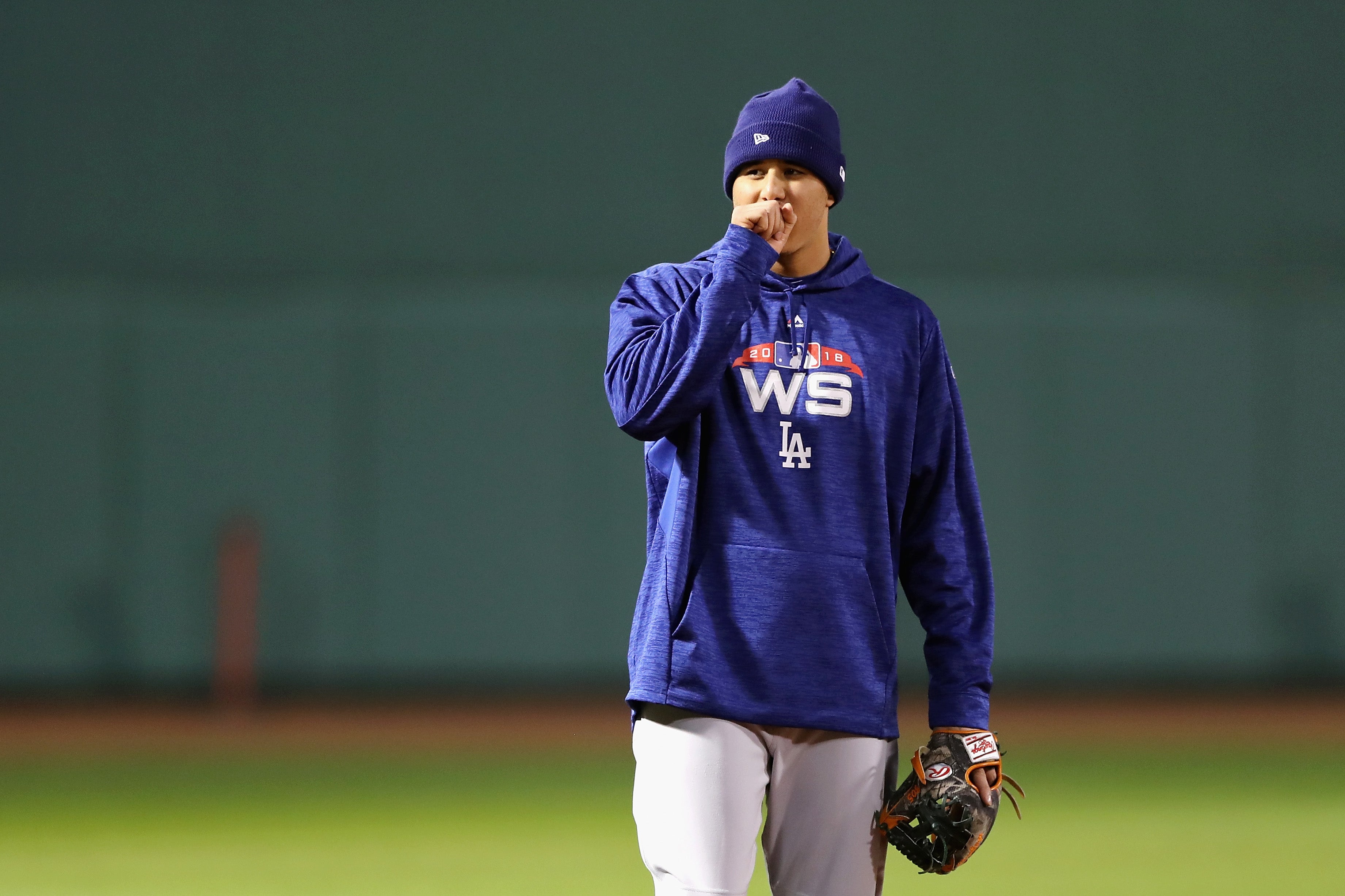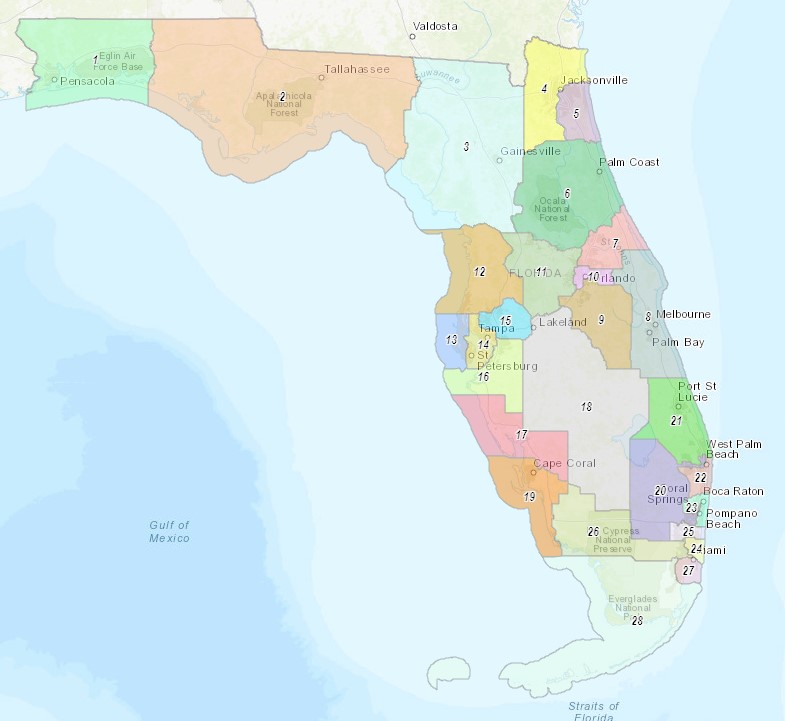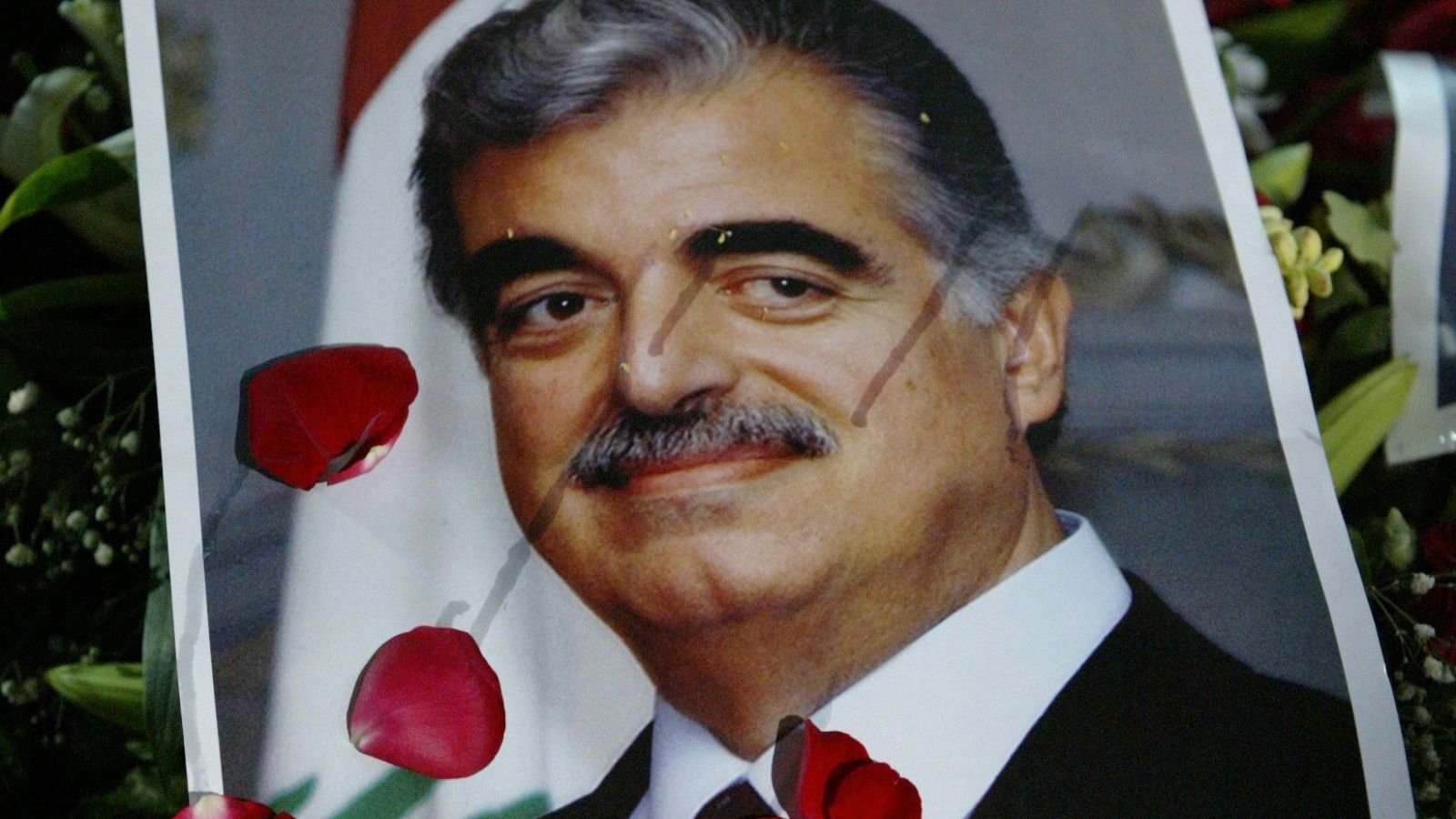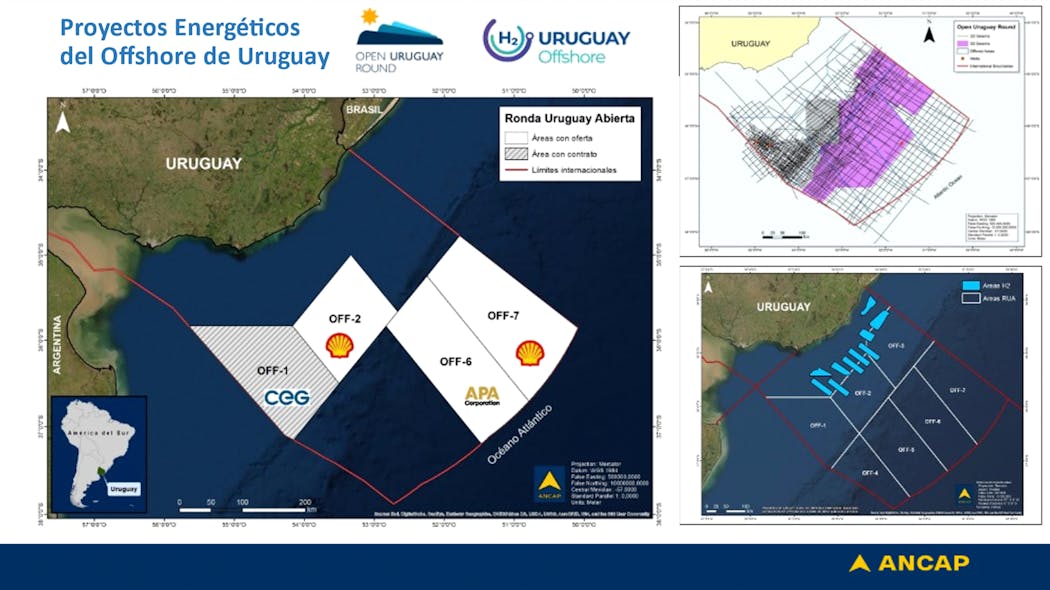The Rise Of Disaster Betting: Analyzing The Market For Wildfire Wagers In Los Angeles

Table of Contents
The Mechanics of Wildfire Wagering
Wildfire wagering, a niche within the broader landscape of disaster betting, involves placing bets on various aspects of wildfires, primarily those threatening Los Angeles. These bets aren't confined to simple "will there be a wildfire?" propositions; they encompass a range of more complex predictions.
-
Types of Bets: Betters can wager on the location of the next major wildfire outbreak within LA County, the total acreage burned, the number of structures destroyed, the length of time a specific area will be under evacuation orders, and even the specific date a wildfire will reach a certain point. The complexity of these bets reflects the sophisticated data analysis employed by both betters and the platforms offering these wagers.
-
Betting Platforms: Wildfire betting occurs across various platforms, including unregulated offshore sites and, potentially, less transparent online gambling operations. The lack of centralized regulation makes it difficult to track the exact scale of this market, increasing concerns about fairness and transparency.
-
Odds Calculation: Odds are calculated using a complex algorithm that takes into account numerous factors. These include historical wildfire data, current weather patterns (temperature, humidity, wind speed), fuel conditions (dry brush density, vegetation type), proximity to populated areas, and even real-time fire activity tracked by official agencies. Sophisticated data analytics and predictive modeling play a significant role in determining these odds.
-
Examples: Past wildfire bets might have involved predicting the extent of damage caused by the Woolsey Fire or the severity of the impact on specific neighborhoods. The outcomes of these bets, while potentially lucrative for some, highlight the inherent risks and ethical ambiguities involved.
The Ethical Concerns Surrounding Wildfire Betting
The ethical implications of wildfire wagering are significant and demand careful consideration. Profiting from the devastation caused by natural disasters raises serious moral questions.
-
Insensitivity and Exploitation: The very act of betting on wildfires can be seen as deeply insensitive to the victims who lose their homes, livelihoods, and loved ones. It creates a perception of exploitation, turning a tragedy into a commodity for personal gain.
-
Impact on Emergency Response: While not directly proven, there's concern that the existence of wildfire betting markets could indirectly impact emergency response and resource allocation. The focus on predicting the financial outcomes of a disaster could potentially distract from the urgent need for effective prevention and mitigation strategies.
-
Comparison with Other Questionable Bets: Wildfire betting shares similarities with other ethically questionable forms of gambling, such as political betting or betting on the outcomes of natural disasters in other parts of the world. These forms of wagering often raise concerns about manipulation and exploitation.
-
Role of Gambling Regulation: The lack of adequate regulation in the disaster betting market exacerbates the ethical concerns. Existing gambling laws are often ill-equipped to address this specific niche, requiring a dedicated framework to manage the risks and address the ethical implications.
The Driving Forces Behind the Wildfire Betting Market in Los Angeles
The specific factors contributing to the growth of wildfire wagers in Los Angeles are multifaceted and intertwined:
-
High Wildfire Risk: Los Angeles County faces a consistently high risk of wildfires due to its unique climate, geography, and significant wildland-urban interface. Frequent wildfire occurrences provide a constant stream of potential betting events.
-
Accessibility of Information: The availability of real-time wildfire information through news media, official government websites, and fire tracking apps provides betters with the data they need to inform their wagers.
-
Prevalence of Online Gambling: The rise of online gambling and the ease of access to international betting platforms have made it simpler than ever to engage in wildfire wagering.
-
Potential for High Payouts: The unpredictable nature of wildfires and the potential for substantial damage create an environment where even small bets can lead to significant payouts, attracting high-risk gamblers.
-
Social Media Influence: Online forums and social media platforms dedicated to discussions of wildfires and weather patterns often include discussions of wildfire betting, potentially normalizing and even promoting this activity.
The Future of Wildfire Wagers and Regulatory Considerations
The future of the wildfire wagering market is uncertain, but its trajectory will likely depend heavily on regulatory interventions.
-
Market Growth or Decline: The market could experience significant growth if it remains unregulated, fueled by technological advancements in predictive modeling and the increasing frequency of wildfires. However, stricter regulations or outright bans could lead to a decline.
-
Potential Regulatory Frameworks: Governments need to consider implementing dedicated regulations to control or even ban wildfire betting. This could involve increased scrutiny of online gambling platforms, stricter licensing requirements, and the criminalization of specific forms of disaster betting.
-
Legal Gray Areas: The current legal landscape often leaves the issue of disaster betting in a gray area. International variations in gambling laws add further complexity, making it challenging to enforce consistent regulations.
-
Impact on the Gambling Industry: Stricter regulations on disaster betting could impact the broader gambling industry, potentially leading to changes in how online platforms are regulated and monitored.
Conclusion:
The rise of disaster betting, specifically wildfire wagers in Los Angeles, raises serious ethical and regulatory questions. While the market is fueled by the city's vulnerability to wildfires and the accessibility of betting platforms, the potential for exploitation and insensitivity cannot be ignored. The future of this unsettling trend hinges on the implementation of effective regulations and a broader societal conversation about the ethical implications of profiting from tragedy. We need to consider stricter controls and potentially outright bans on wildfire betting to prevent the normalization of such morally questionable practices. Let's work together to responsibly address the growing phenomenon of disaster betting and protect vulnerable communities. We must move beyond simply analyzing the market for wildfire wagers and actively work towards its responsible regulation or elimination.

Featured Posts
-
 Instagram Ceos Testimony The Fight Against Tik Toks Growth
May 11, 2025
Instagram Ceos Testimony The Fight Against Tik Toks Growth
May 11, 2025 -
 Eric Antoine Et Sa Compagne Apparition Remarquee A La Premiere Parisienne
May 11, 2025
Eric Antoine Et Sa Compagne Apparition Remarquee A La Premiere Parisienne
May 11, 2025 -
 Ataque De Avestruz A Boris Johnson En Texas La Reaccion Del Ex Primer Ministro
May 11, 2025
Ataque De Avestruz A Boris Johnson En Texas La Reaccion Del Ex Primer Ministro
May 11, 2025 -
 Is Black Gold Within Reach Uruguays Offshore Oil Exploration Prospects
May 11, 2025
Is Black Gold Within Reach Uruguays Offshore Oil Exploration Prospects
May 11, 2025 -
 What Did Jessica Simpson Really Say About Snake Sperm
May 11, 2025
What Did Jessica Simpson Really Say About Snake Sperm
May 11, 2025
